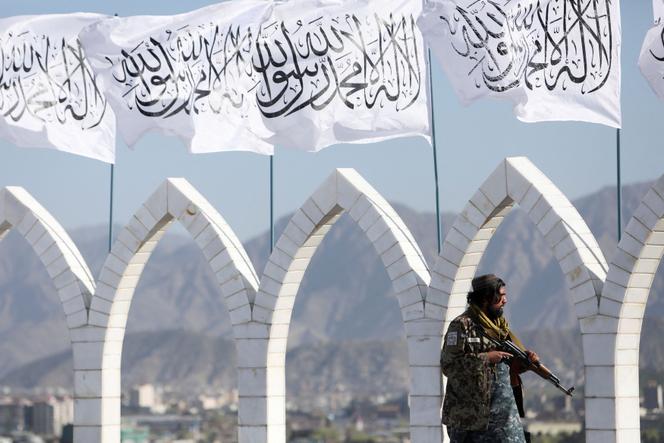


Afghanistan's government said on Thursday, July 3 that Russia had become the first country to officially recognize its rule, calling it a "brave decision". The Taliban swept back to power in 2021 after ousting the foreign-backed government and have imposed an austere version of Islamic law. The announcement was made after Afghanistan's Foreign Minister Amir Khan Muttaqi met with Russia's ambassador to Afghanistan, Dmitry Zhirnov, in Kabul.
"This brave decision will be an example for others... Now that the process of recognition has started, Russia was ahead of everyone," Muttaqi said in a video of the meeting posted on X. "Russia is the first country which has officially recognized the Islamic Emirate," Taliban foreign ministry spokesman Zia Ahmad Takal told AFP, using the government's name for their administration.
Moscow's special representative for Afghanistan, Zamir Kabulov, told Russia's state news agency Ria Novosti that the government had "recognized" the Taliban government. Russia's foreign affairs ministry also confirmed the news to the TASS news agency. The move comes shortly after Taliban diplomat, Gul Hassan, assumed the role of Kabul's ambassador to Moscow.
Moscow has taken steps to normalize relations with the Taliban authorities, removing their designation as a "terrorist organization" in April and inviting them to official events. Russia was the first country to open a business representative office in Kabul after the Taliban takeover, and has announced plans to use Afghanistan as a transit hub for gas heading to Southeast Asia. In July 2024, Russian President Vladimir Putin called the Taliban "allies in the fight against terrorism".
Only Saudi Arabia, Pakistan and the United Arab Emirates recognised the Taliban during their first stint in power from 1996 to 2001. This time, multiple other states, including China and Pakistan, have accepted Taliban ambassadors in their capitals, but have not officially recognieed the Islamic Emirate.
There has been limited but growing engagement with the Taliban authorities, particularly from its regional neighbors, but also major global players China and Russia. However, its restrictions on women and girls, barring them from education and squeezing them from public life, have been key sticking points for Western nations. The Taliban authorities have keenly sought international recognition and investment, as the country recovers from four decades of war, including the Soviet invasion from 1979 to 1989.
